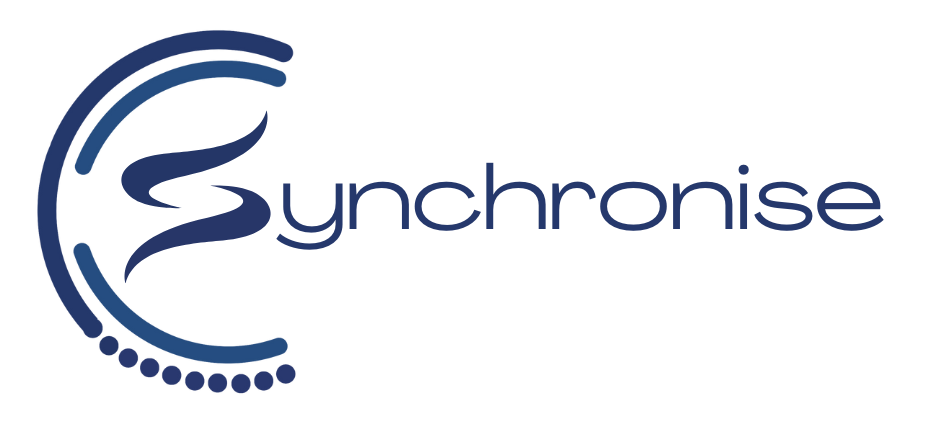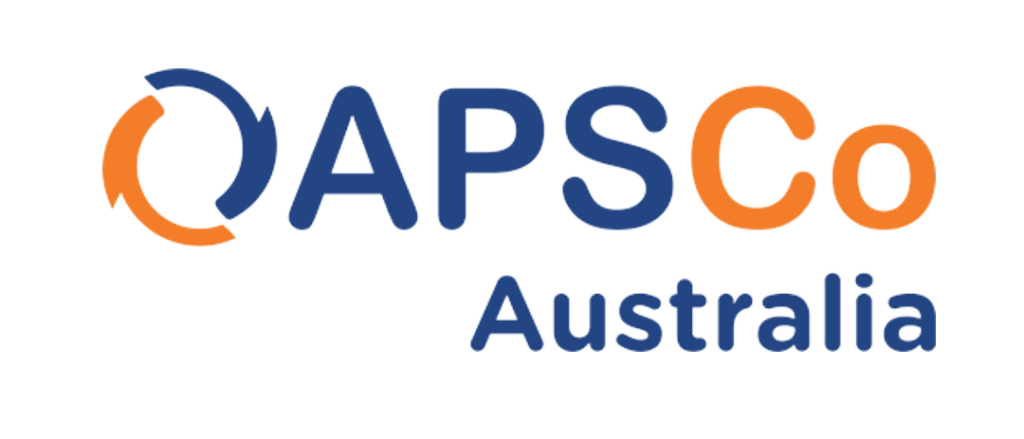Building a strong global leadership team is critical for success. Organisations operating across multiple regions need leaders who can navigate cultural differences, drive strategic initiatives, and foster collaboration among diverse teams. By implementing best practices, companies can develop a leadership framework that ensures long-term growth and sustainability.
A well-structured global leadership team enables organisations to remain competitive in a rapidly evolving marketplace. It ensures that businesses can adapt to cultural, regulatory, and technological shifts while maintaining operational efficiency. Furthermore, effective global leadership strengthens corporate identity and facilitates knowledge-sharing across different regions, fostering innovation and alignment with international business trends.
Key Considerations for Building a Global Leadership Team
- Define a Clear Vision and Leadership Strategy
- Establish a global leadership framework aligned with business goals.
- Ensure leadership principles reflect company values and global objectives.
- Communicate a shared vision to foster cohesion among regional leaders.
- Set measurable leadership performance indicators to assess effectiveness across regions.
- Prioritise Cultural Intelligence and Diversity
- Hire leaders with strong cultural intelligence (CQ) to manage diverse teams effectively.
- Encourage inclusive leadership that values different perspectives and approaches.
- Provide cultural competency training to enhance collaboration across regions.
- Promote diversity and inclusion policies to ensure equitable representation in leadership roles.
- Develop Strong Communication and Collaboration Practices
- Leverage digital tools to facilitate seamless communication across time zones.
- Establish regular check-ins and leadership meetings to align goals.
- Foster transparency and openness in leadership interactions.
- Encourage knowledge-sharing initiatives to bridge cultural and operational gaps between teams.
- Implement Robust Leadership Development Programs
- Identify and nurture high-potential talent through mentorship and training.
- Offer leadership rotations and international assignments to broaden perspectives.
- Invest in executive coaching to build strategic decision-making capabilities.
- Provide continuous learning opportunities, including global leadership summits and peer coaching.
- Balance Local Autonomy with Global Alignment
- Empower regional leaders to make decisions while maintaining global consistency.
- Develop policies that provide flexibility for local adaptation while upholding company standards.
- Encourage cross-border collaboration to drive innovation and efficiency.
- Foster local innovation while maintaining alignment with overarching corporate goals.
- Focus on Agility and Resilience
- Equip leaders with the skills to manage uncertainty and rapid change.
- Foster a culture of continuous learning and adaptability.
- Encourage proactive problem-solving and decision-making in complex environments.
- Develop crisis management strategies to address unexpected challenges in global markets.
Challenges and How to Overcome Them
- Managing Time Zone and Communication Barriers
- Schedule meetings that accommodate different regions.
- Use asynchronous communication tools to ensure accessibility.
- Encourage flexibility to accommodate diverse working hours.
- Develop structured workflows to enhance coordination across global teams.
- Navigating Legal and Compliance Issues
- Stay informed about international regulations and compliance requirements.
- Develop a legal framework that ensures consistency across all regions.
- Provide ongoing training on regulatory changes and best practices.
- Establish a compliance team to oversee legal matters in different markets.
- Retaining and Engaging Global Talent
- Offer competitive compensation packages tailored to different markets.
- Foster a strong company culture that resonates across locations.
- Provide career development opportunities to retain top leadership talent.
- Create leadership pathways to ensure continuity and growth within the organisation.
The Future of Global Leadership Teams
The future of global leadership will be defined by:
- Greater emphasis on digital transformation to enable remote leadership.
- Increased focus on sustainability and corporate responsibility in global decision-making.
- Stronger alignment between leadership development and business innovation.
- Leveraging AI and data analytics to enhance decision-making and team efficiency.
- A shift towards decentralised leadership models, where leaders at different levels are empowered to drive change and make strategic decisions.
Final Thoughts
Building a successful global leadership team requires strategic vision, cultural intelligence, and strong collaboration. By implementing best practices, organisations can develop leaders who drive business growth while fostering an inclusive and adaptable company culture.
Investing in leadership development, embracing digital tools, and fostering a culture of agility and resilience are crucial for organisations aiming to thrive in the global marketplace. Companies that proactively build diverse, skilled, and adaptable leadership teams will be best positioned to navigate the complexities of international business.
At Synchronise Resourcing Solutions, we specialise in helping businesses build high-performing global leadership teams. If you’re looking to enhance your leadership team, get in touch with us today for an obligation free chat about your recruiting goals for 2025!


